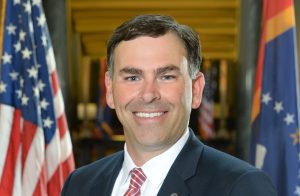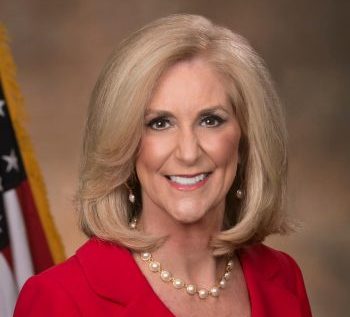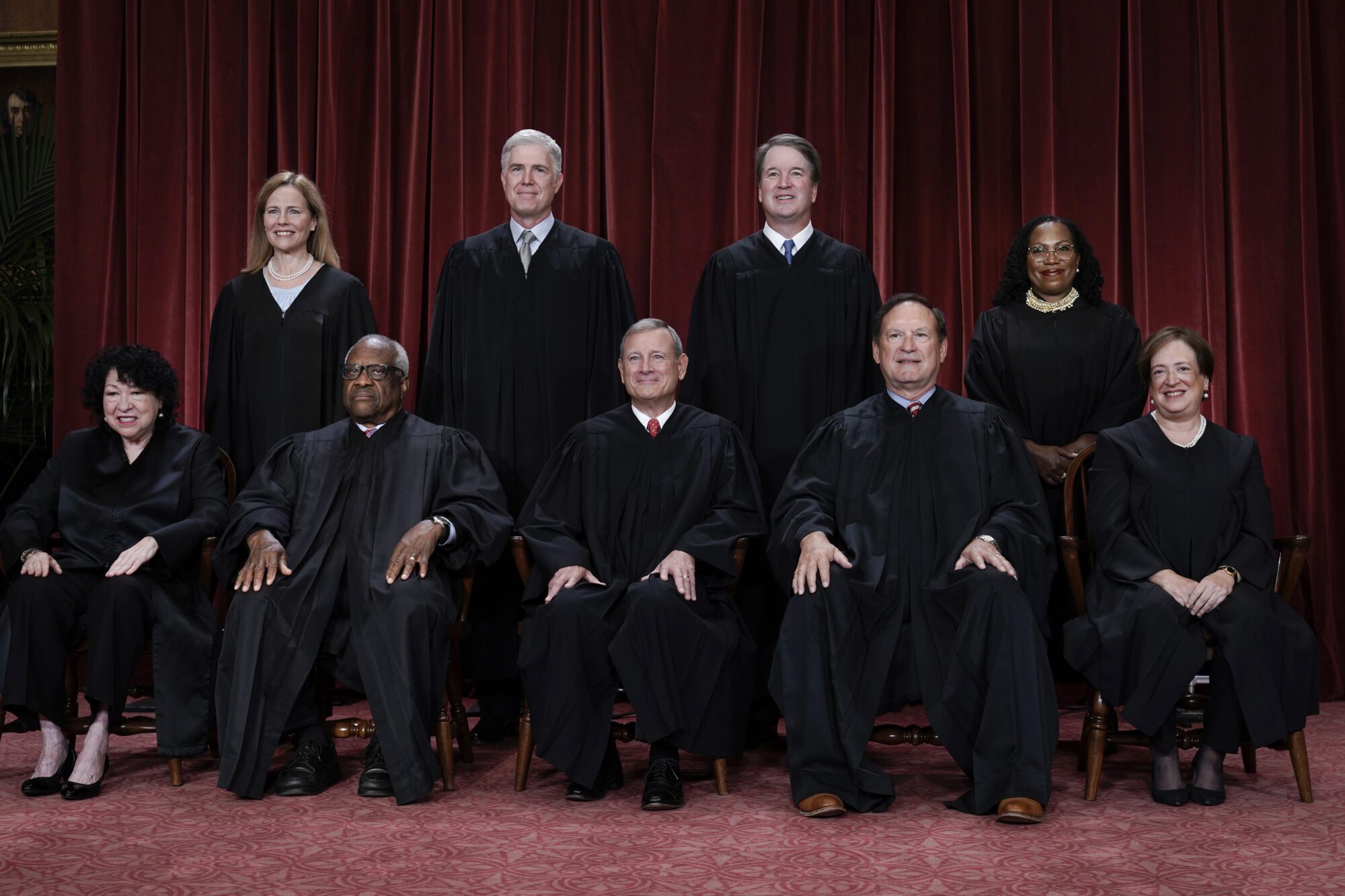
PSC Commissioners Presley and Bailey joined together to pass the new solar rules. The question now is how much it will cost the average consumer.
Earlier this month, the Mississippi Public Service Commission (PSC) approved amendments to the former Net Metering and Interconnection Rules by a vote of 2-1. The newly adopted rules include policies to increase solar adoption across the board, enhance grid reliability, and encourage economic development, in addition to improving rooftop solar access for low-income households.

Northern District Commissioner Brandon Presley (D) and Central District Commissioner Brent Bailey (R) voted in favor of the amendments, referred to as the “Net Renewable Generation Rules.”
PSC Chairman and Southern District Commissioner Dane Maxwell (R) voted against the new rules.
Commissioner Bailey said that the new rules will make Mississippi open for business to clean energy technology developers, manufacturers, and installers, and will help boost low-income opportunities allowing Mississippians to experience the cost-saving benefits of solar energy.
“It has been my pleasure to work with customers, utilities, renewable energy businesses, clean energy advocates, other stakeholders, and my colleagues to improve our MPSC distributed generation policy,” Commissioner Bailey said. “This policy standardizes the opportunities for individuals and businesses to invest in distributed energy resources to offset all or a portion of their overall energy use with electricity generated from on-site resources.”
Commissioner Presley said that this well-balanced rule will allow for real opportunities for the creation of good paying blue collar jobs in the solar industry.
“Mississippians grow their own food and fix their own vehicles and deserve to have the chance to generate their own electricity and save themselves money,” Commissioner Presley said. “This balanced, measured approach by the PSC opens the door of opportunity. Also, under our Solar for Schools program, school districts will have the opportunity to maximize the value of their lands and see savings that can be passed on to taxpayers and hopefully lighten the onerous costs borne by parents and teachers for such things as classroom supplies.”
Commissioner Maxwell said while he supports the right of Mississippians to self-supply their own electricity, his main concern is the “masses paying extra for the benefit of a few.”
“I cannot support a policy that forces Entergy or Mississippi Power Company customers who either choose not to, or cannot afford to, put solar panels on the roofs of their homes to pay more on their electric bills to finance their neighbor’s investment,” Commissioner Maxwell said.
The budgets for Entergy Mississippi and Mississippi Power Company for this project is $10 million and $5 million, respectively, the PSC Chairman and Southern District Commissioner said. He told Y’all Politics that these amounts will be recovered through utility rates.
“As more and more net metering customers come on-line, the utilities will incur additional costs in the form of above avoided cost energy purchases for excess energy put on the grid by net metering customers,” Maxwell noted. “These additional costs are difficult to quantify at this juncture, but there is no denying they are real.”
It appears that Secretary of State Michael Watson shares Commissioner Maxwell’s concerns.
In a Twitter thread on Tuesday, Secretary Watson said that Mississippians should not be forced to pay higher utility rates to fund rebates for those who install solar panels.

“This is another tax straight out of the Biden administration’s playbook. I encourage you to join me in researching this program and to start asking questions of your Public Service Commissioners,” Watson said.
The Secretary of State said that residential solar power is not economically feasible for most, which is why he said the federal government is “offering tax credits and rebates and now the MS PSC [is] offering rebates.”
“There are many reasons beyond startup costs that make solar systems cost prohibitive,” Watson said. “Who is going to fund these rebates? Who will pay for maintenance costs to the systems? Who will pay for replacement of systems when needed?”
Secretary Watson said government officials should be held accountable to count all the costs, make wise decisions, and not just make decisions that are trendy at the moment.
You can read the Final Order Amending the Rules from the Public Service Commission below.
PSC amendments to Net Metering and Interconnection Rules by yallpolitics on Scribd











